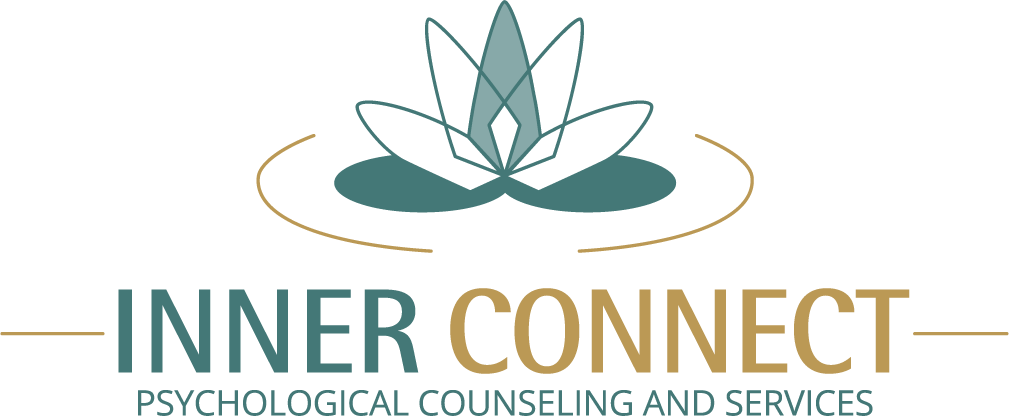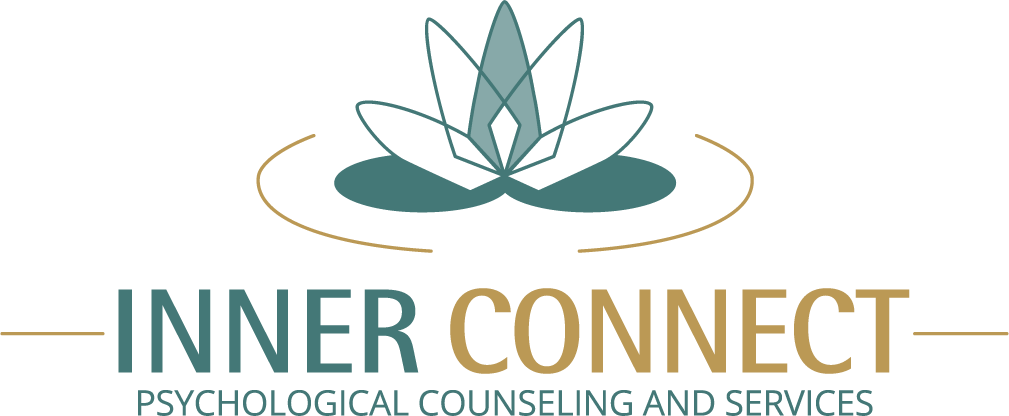
Anxiety
Acknowledge it. Explore it. Manage it.

Commonly described as having both mental and physical aspects, anxiety is the automatic survival mechanism used by our brains when faced with actual or imagined stressors / threats. The American Psychological Association defines anxiety as, “…an emotion characterised by feelings of tension, worried thoughts and physical changes like increased blood pressure.” Say, you are faced with a deadline at work. Your stomach feels weird, and you are worried about the outcome. If these changes energise you to meet the deadline, you’re probably experiencing a healthy level of anxiety. Alternately, if they are causing you severe distress, and blocking you from engaging with what’s presently at stake, your anxiety is no longer your ally.
We must acknowledge that we cannot stop anxiety from occurring but we can learn to respond to it helpfully such that it does not take over our lives. Our responses to anxiety can directly impact its duration and intensity.
Following are some strategies that we recommend when dealing with anxiety:
- Avoid- Not the anxiety but the criticism for feeling anxious
For many of our clients, it’s not anxiety but emotions such as powerlessness, despair, anger, and guilt for being anxious that cause most problems.
Anxiety is neither a personal weakness nor a source of blame. Releasing the negative emotions directed towards self (or others) courtesy your anxiety can be liberating; allowing you to refocus your energies on the core concern.
- Practice first aid before delving deeper
Be it deep breathing, meditation, or even a conversation focused on something that has nothing to do with your anxiety, we suggest the use of some healthy relaxation techniques to calm yourself in the here and now first. As a fundamental priority, bring your body back in the state of equilibrium/ homeostasis. This temporary relief is essential before you begin addressing the “why” of your anxiety and learn to face those fears which hold you back from being fully engaged with your life.
- Be kind to your body
We realise it’s easier said than done but we can’t stress enough on the need to treat your body right, more so when dealing with anxiety.
Let’s say anxiety is making it difficult for you to control your thoughts on the one end and also disturbing your exercise routine. Comprehensive treatment of course requires addressing both. However, many of our clients find it relatively easier to work on their exercise routine when compared to changing their thoughts. And we say, if that’s the case with you, go ahead. The idea is not to avoid thought reframing but to transfer the benefits of positive change from one area (body) to another (mind).
- Remind yourself, over and over, that your fear isn’t likely to come true. And even if it does, you’ll be able to cope with it
If you have anxiety, you are most likely to believe that all your fears will come true. Hence, what we’re suggesting here might seem obnoxious and fake. However, effective anxiety management requires that this belief is challenged over and over until you start entertaining at least the possibility of a new healthier belief system. Even if your imagined fear turns real, tell yourself you’ll deal with it okay. You really will.
- Self- reliance + Support groups
“I am learning how to deal with my anxiety.”- Great!
“I am learning how to deal with my anxiety just by myself.”- Maybe not so great. While individual work is necessary and also empowering, its effectiveness can surge when teamed with support groups. You don’t have to talk until you’re ready. For some of you, the very experience of being amidst those who’re coping with something similar like you can begin the healing process.
The experience of anxiety is highly subjective and can also be situation-specific. A certain amount of anxiety could be a catalyst for some, but tormenting for others, making them feel stuck and trapped in a vicious cycle of unhelpful thought patterns. Given the lack of a standardised/ mechanical procedure to identify this “amount”, it becomes all the more important for us to recognise when we are feeling anxious, and what is that anxiety making us do? Anxiety can occur on its own, as a response to stress (further intensifying it) or trigger stress. It’s also crucial to differentiate anxiety from anxiety disorders primarily because managing and coping with the two calls for different skills and tools.
If you feel anxious often, are not sure what to make of it, and realise that your current behaviors are not helping you cope with your situation, consulting the right mental health professional is highly recommended.
References
- (n.d.). Anxiety – American Psychological Association. Retrieved May 2020, from https://www.apa.org/topics/anxiety



